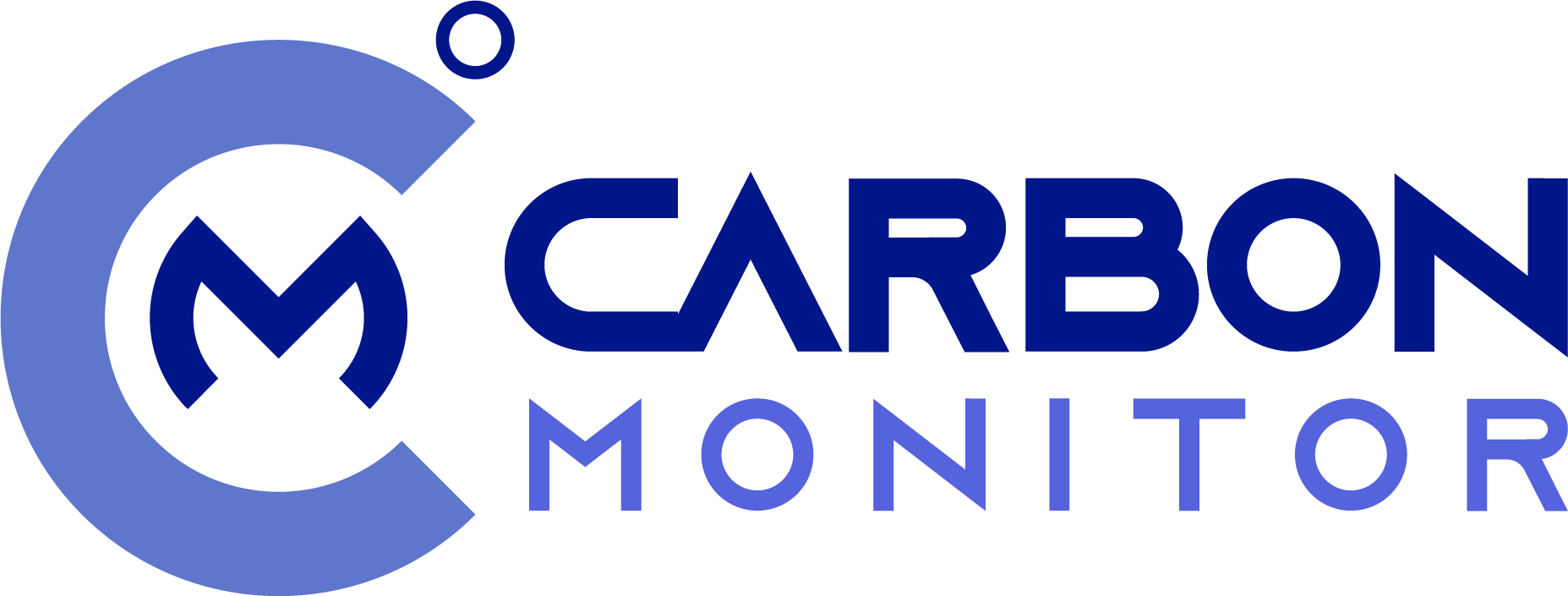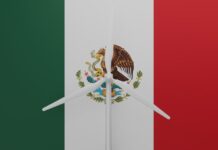Sodexo UK & Ireland has puts its suppliers on notice, telling them that from 2030 it will only work with firms that have demonstrated “tangible progress” towards reducing their climate impact.
The company yesterday published a new supply chain engagement plan, which sets out its plan to ensure most of its suppliers have validated, science-based net zero targets in place within two years.
The food services and facilities management giant confirmed it would axe suppliers who fail to deliver effective decarbonisation programmes of their own, arguing that such moves were necessary to deliver on its own goal of achieving net zero emissions by 2040 across its entire business and value chain – a target that has been validated by the Science Based Targets initiative (SBTi).
Like many food-based businesses, a fraction of Sodexo’s emissions come from its own operations, with up to 98 per cent of its emissions generated in its wider value chain. An estimated 34 per cent of its emissions sit within its supply chain, according to the firm.
The firm said that under the new engagement strategy it would focus on working with the 500 organisations collectively responsible for around 90 per cent of its supply chain emissions, as it set out a plan for delivering a collective Scope 3 carbon reduction roadmap through to 2030.
As such, it confirmed it had told suppliers that from January 2030 it would only work with those able to demonstrate tangible progress on reducing their climate impact through published emissions reporting, and that its suppliers would therefore need to set ambitious, verified CO2 goals ahead of that deadline.
Aoife Wycherley, head of supply chain at Sodexo UK & Ireland, said decarbonising the firm’s Scope 3 emissions presented a huge challenge requiring “an enormous collective effort”.
“When we made our commitment to net zero by 2040, we committed to delivering on something that is truly meaningful and would have real impact,” she said. “We have always known that this is not going to be easy, it will be hugely complex and will require an enormous collective effort throughout our entire value chain.”
Suppliers representing 75 per cent of Sodexo’s supply chain emissions are already required to provide a detailed carbon reduction plan identifying opportunities for collaboration and areas of improvement, while also providing data on their Scope 1 and 2 emissions “at the minimum”, it said.
Then, from September 2025, suppliers to Sodexo UK & Ireland representing 75 per cent of the food service firm’s emissions are expected to have their own net zero goals validated by the SBTi, with that proportion then increasing to 90 per cent by September 2027.
However, around 70 per cent of the firm’s suppliers are small and medium sized enterprises (SMEs) and voluntary, community and social enterprises (VCSEs), most of which it said “cannot be expected to have teams dedicated to sustainability or afford consultancy support”.
As such, Sodexo said it would offer “considerable support” to smaller organisations to help them hit emissions milestones, including a potential “two-year grace period” for SMEs and VCSEs in need of extra time to meet some of the firm’s requirements.
Wycherley said suppliers’ response to Sodexo’s challenge so far had been “positive”, and that she expected the roadmap through to 2030 to “deliver ever more impactful reductions in emissions” from supply chain companies both large and small.
“Many of our suppliers have already told us they are passing this message down through their own supply chain, which over time has the potential to create a significant ripple effect,” she said.
Initial research by the food services giant carried out in November 2021 revealed that out of 87 suppliers it polled, 62 per cent had already made a commitment to achieve net zero emissions by 2050 or sooner.
However, it also found that 20 per cent of those polled did not have a carbon reduction plan in place, and that only 37 per cent were measuring emissions from their wider value chain. Sodexo said it had since held a number of cross-industry conferences with its suppliers to share best practices on how to reduce their climate impact.
The new engagement strategy forms part of a trend, which has seen growing numbers of corporates commit to working with suppliers to drive down emissions, while also warning they could ditch suppliers who fail to make sufficient progress.
Earlier this year, real estate giant Grosvenor Property UK said it had helped 28 SMEs in its supply chain to develop and set their own science-based climate targets through its green mentoring scheme, which it said it expected to help reduce a total of 55,000 tonne of CO2 by 2030.
Justin Turquet, director of sustainability at distribution and outsourcing firm Bunzl, said the firm had been working with Sodexo “for a number of years now”, including on initiatives to slash emissions.
“Sodexo has been a leader in sustainability and is at the forefront of collaboration, engaging regularly with their supply chain on sustainability,” he said. “They have been holding cross industry sessions to share best practice on how we can work better together, which has been a driving force for our own approach with suppliers when it comes to carbon emissions reduction.”
Want to understand what is going on at the cutting edge of sustainability? Check out BusinessGreen Intelligence – the premier information for professionals focused on the UK’s green economy.










